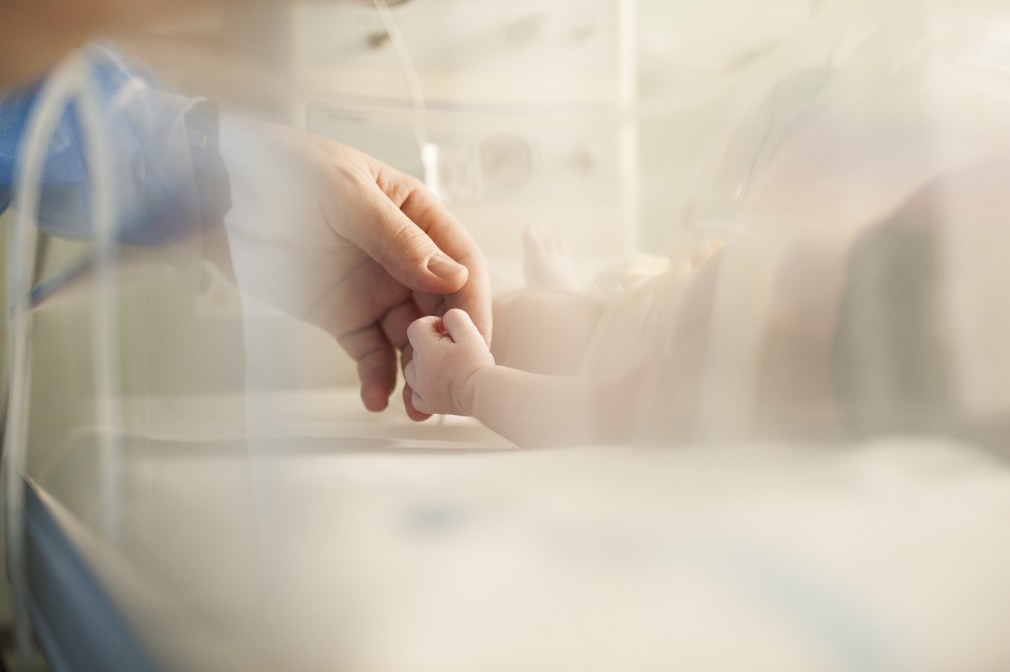The gene therapy costs £1.8m a dose and is used to treat a rare paralyzing disease.
A five-month-old baby has become one of the first people ever to receive a gene-therapy medication called Zolgensma on the NHS. Zolgensma is used to treat spinal muscular atrophy (SMA), a nasty disease that not only paralyzes its sufferers but often kills them before they reach the age of two. Zolgensma is also the world’s most costly medicine. It sells for £1.795 million a pop. (The NHS has received a discount on this price for buying the drug in bulk, but won’t reveal what the discount is.)
It goes without saying that there are immeasurable benefits to being able to treat SMA, regardless of the financial cost. For the 50 or so babies born with the condition each year, Zolgensma could provide a path to not only a longer life, but a healthier and more independent one. Their families will also be saved a lot of grief, and have some of the burdens of being a caregiver to a chronically ill child reduced.
From an economic perspective, society also benefits. Babies who receive the treatment are more likely to grow up into workers, producing stuff and putting wealth into the system. They’re also likely to require fewer public resources - such as government benefits and healthcare services - than they otherwise would. There's economic benefits for their parents too - the financial support for caregivers is far less than can be earned in regular full-time jobs.
But there are also potential consequences to spending millions of pounds a year on one specific treatment. If the NHS budget remains the same, it means there will be less money to spend on other treatments, including ones that are cheaper and therefore could save more people for the same amount of money. Of course, the government could make the NHS budget bigger. But that would mean either taking money from another public service or increasing its revenue by raising taxes, taking out more debt or selling something it owns.
Trade-offs like this can be found at the heart of pretty much any economic decision. They should always be considered carefully. But their existence doesn’t mean societies can’t come to broadstroke agreement on which path to take. Plenty of economists have argued that taking out more government debt isn’t going to cause many problems as long as interest rates are low (which they currently are). And a majority of Britons said they’d be happy to pay more tax to increase the NHS budget even before the Covid-19 pandemic focused everyone’s attention on the importance of having a robust health service.
Read our explainer on: how the NHS makes its spending decisions.

